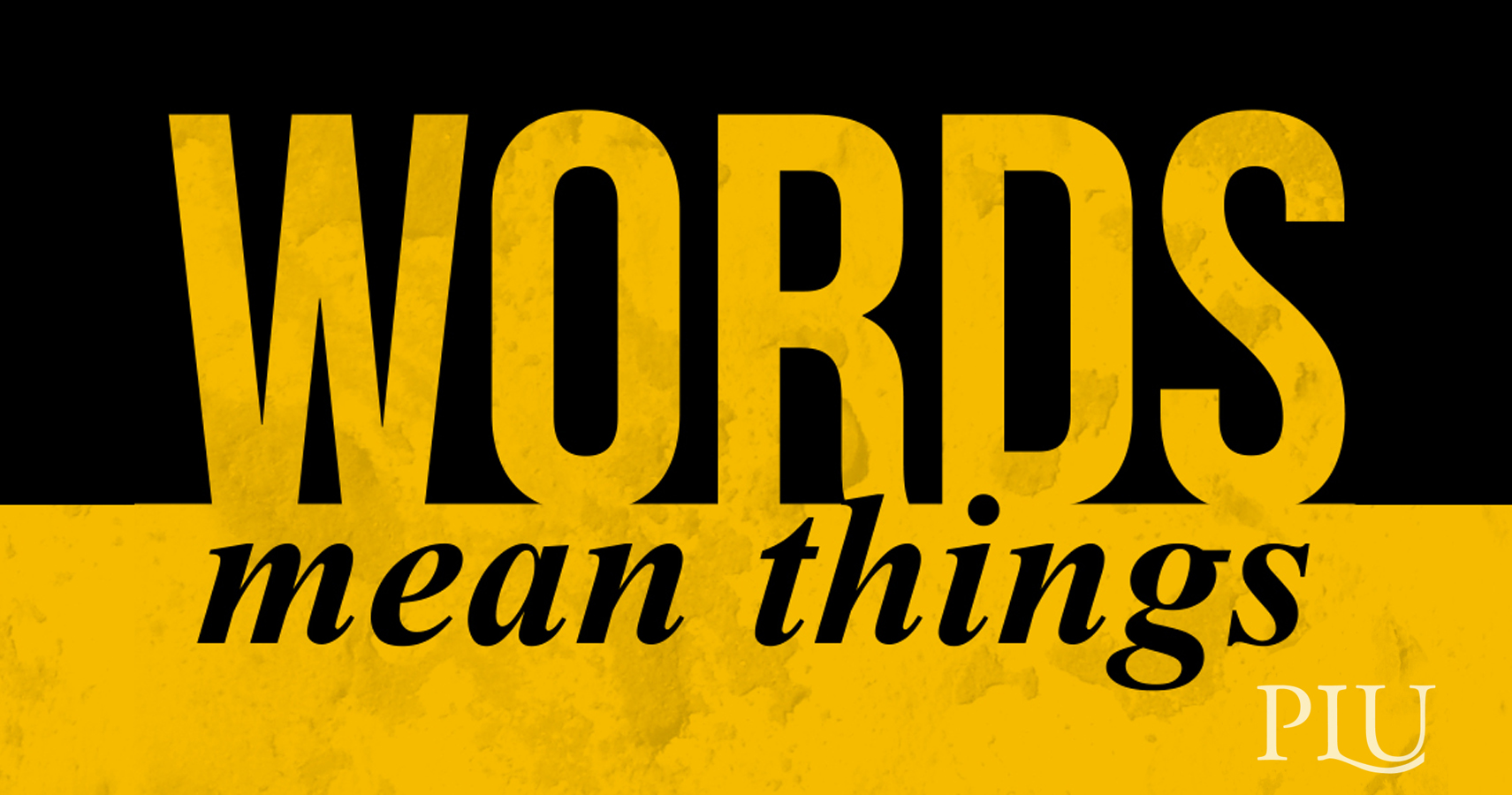The profundity of language is such that it serves not merely as a vessel for communication but as a crucible wherein societal norms and values are distilled. In the context of the Bahá’í teachings, the exploration of language transcends mere semantics, revealing a tapestry of cultural narratives that perpetuate anti-Blackness in quotidian discourse. To delve into this intricate subject is to unveil the often-obscured biases that saturate interpersonal interactions and institutional frameworks alike.
Language wields remarkable power; it can uplift or debase, unify or fracture. The Bahá’í perspective posits that humanity—though diverse in its manifestations—bears an inherent unity, and thus, the language employed within this shared existence ought to reflect this principle. However, everyday language often perpetuates a pernicious ideology that normalizes and codifies discrimination against individuals of African descent. This phenomenon can be perceived as a linguistic shadow—the subtle yet pervasive insinuation of inferiority embedded in the lexicon of daily communication.
To grasp how anti-Blackness is insidiously woven into the fabric of language, it is essential to consider various modes of expression that contribute to and reinforce systemic racism. One poignant example is the way in which racialized language manifests in casual discourse. Phrases that trivialize the experiences of marginalized communities, or euphemisms that obscure the harsh realities of racism, serve to sanitize and consequently perpetuate harmful ideologies. Such constructions of language may unwittingly foster an environment where anti-Black sentiments can flourish, embedding prejudice within the very syntax of day-to-day interactions.
Moreover, it is noteworthy that the influence of language extends beyond mere conversation; it penetrates institutional policies and societal norms. In educational systems, for instance, curricula that frame historical narratives through an Eurocentric lens often render the Black experience invisible. The implications are staggering: not only do such omissions devalue the contributions and histories of individuals of African descent, but they also embed anti-Blackness in the foundational narratives of society. The Bahá’í teachings advocate for a holistic and inclusive narrative that honors every human being—recognizing the profound importance of language in shaping collective consciousness.
Metaphorically, language may be likened to a double-edged sword. On one edge lies the potential for affirming the dignity and sanctity of all individuals, including those of African heritage. Conversely, when wielded carelessly, it can become a tool of marginalization. The language of privilege often manifests in ways that elevate certain identities while rendering others voiceless. The disparity in the frequency of positive descriptors attached to one racial group versus another is a stark illustration of this double-edged nature. It is imperative, therefore, for speakers to cultivate an acute awareness of the impactful weight of their words.
In recognizing that language reflects and shapes ideology, an intricate relationship is established between language usage and social justice. The Bahá’í teachings usher in an appealing paradigm—words are not solely to be spoken; they must be chosen with intention and mindfulness. Each interaction presents an opportunity to promote healing and reconciliation, to dismantle the webs of oppression woven through careless language. This conception of language as an instrument of social change underscores the ethical responsibility borne by individuals in their daily discourse.
Furthermore, it is essential to consider the role of public discourse in propagating or dismantling anti-Black narratives. The medium of social media, for example, has arisen as a formidable platform for both the affirmation of racial justice and the continuation of age-old prejudices. The proliferation of memes, tweets, and articles can either serve as vessels for enlightenment or conduits for disparagement. Herein lies the call to action: the Bahá’í community encourages robust engagement in positive, transformative dialogues that challenge existing paradigms of anti-Blackness, rallying against the linguistic complacency that allows such ideologies to persist unexamined.
The teachings advocate for thoughtful self-reflection and intentional language practices that recognize the intrinsic value of all individuals. Within this framework, the utilization of inclusive, affirming language is paramount. Terms that explicitly celebrate the richness of Black culture and heritage must be employed to counteract the effects of erasure. The intentionality of language serves as an act of defiance against the legacy of anti-Blackness, revealing an alternative narrative—one in which dignity and respect underpin every interaction.
Moreover, the complexity of this discourse invites further examination of the intersections between language, identity, and power. The dynamics of cultural appropriation, stereotypes, and microaggressions intertwine with linguistic expression, presenting challenges that require diligence and intentional discourse. Each word chosen carries the capacity to either liberate or imprison; hence, the responsibility to foster languages of inclusion and respect is immeasurable.
In conclusion, the exploration of how anti-Blackness is embedded in everyday language is not merely an academic exercise; it is an urgent ethical imperative. The Bahá’í teachings illuminate the path toward a more just and equitable discourse. Through critical examination and thoughtful engagement, individuals can wield language not as an instrument of division, but as a means of uniting humanity in its shared quest for dignity and respect. Language can indeed be a powerful lever for social transformation—when wielded with foresight and compassion, it can dismantle systemic injustices and foster a world where every individual is afforded the worth and recognition they deserve.
